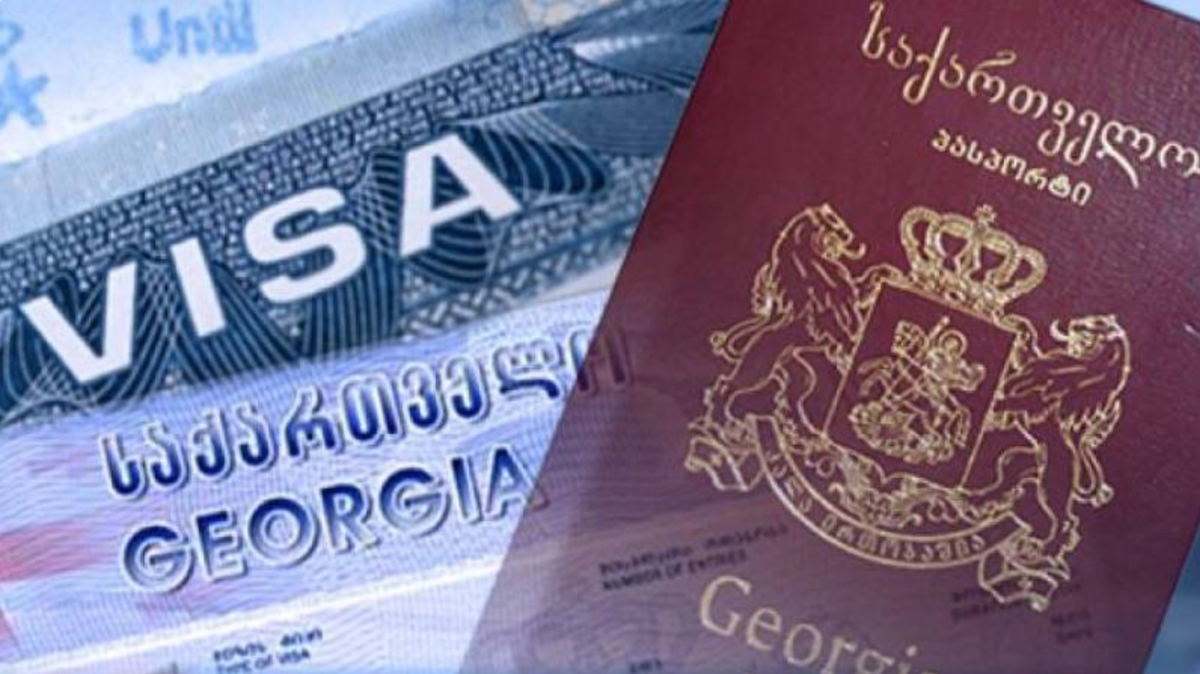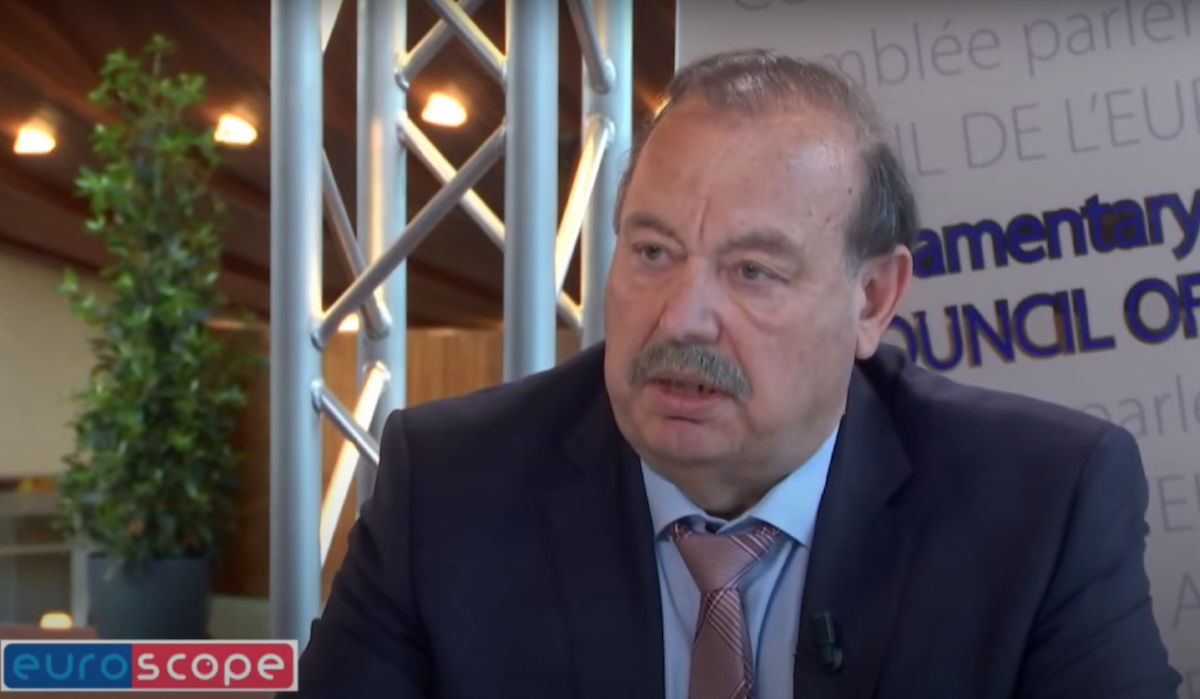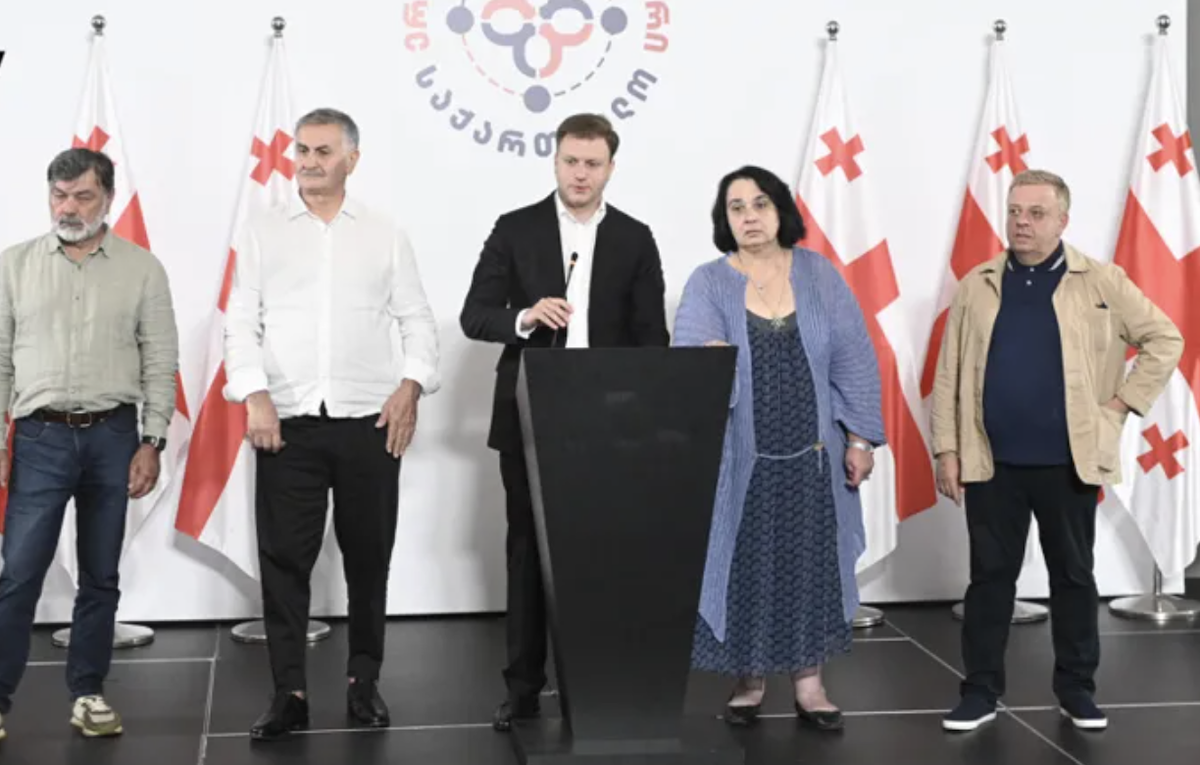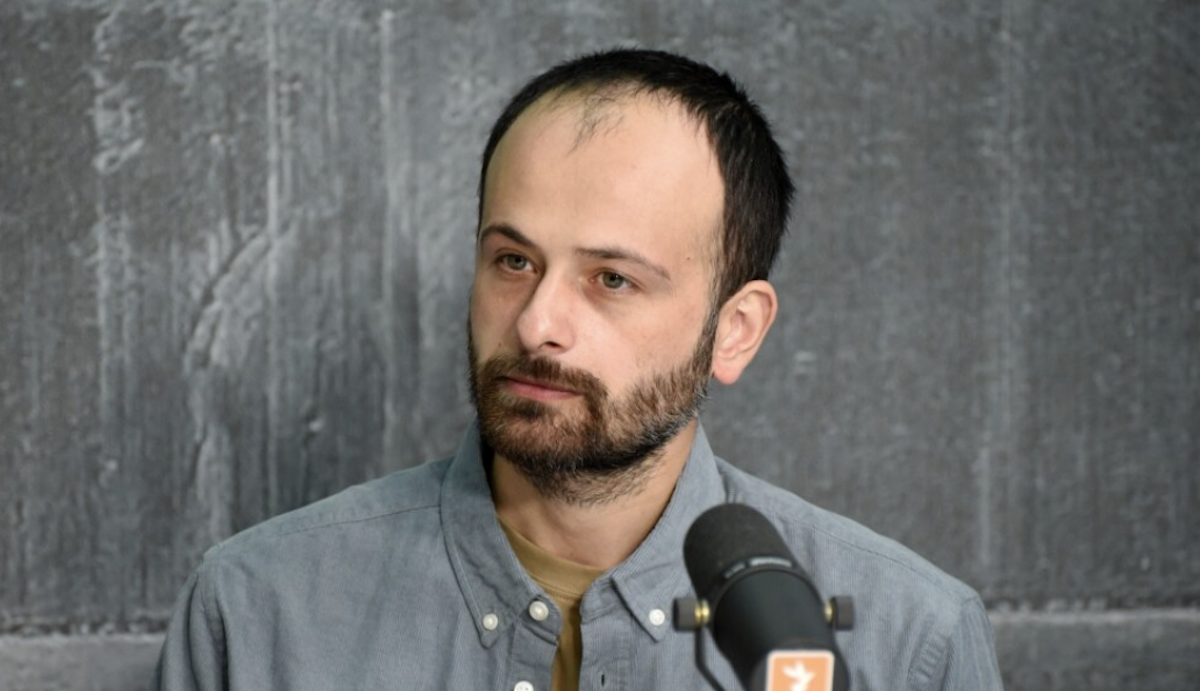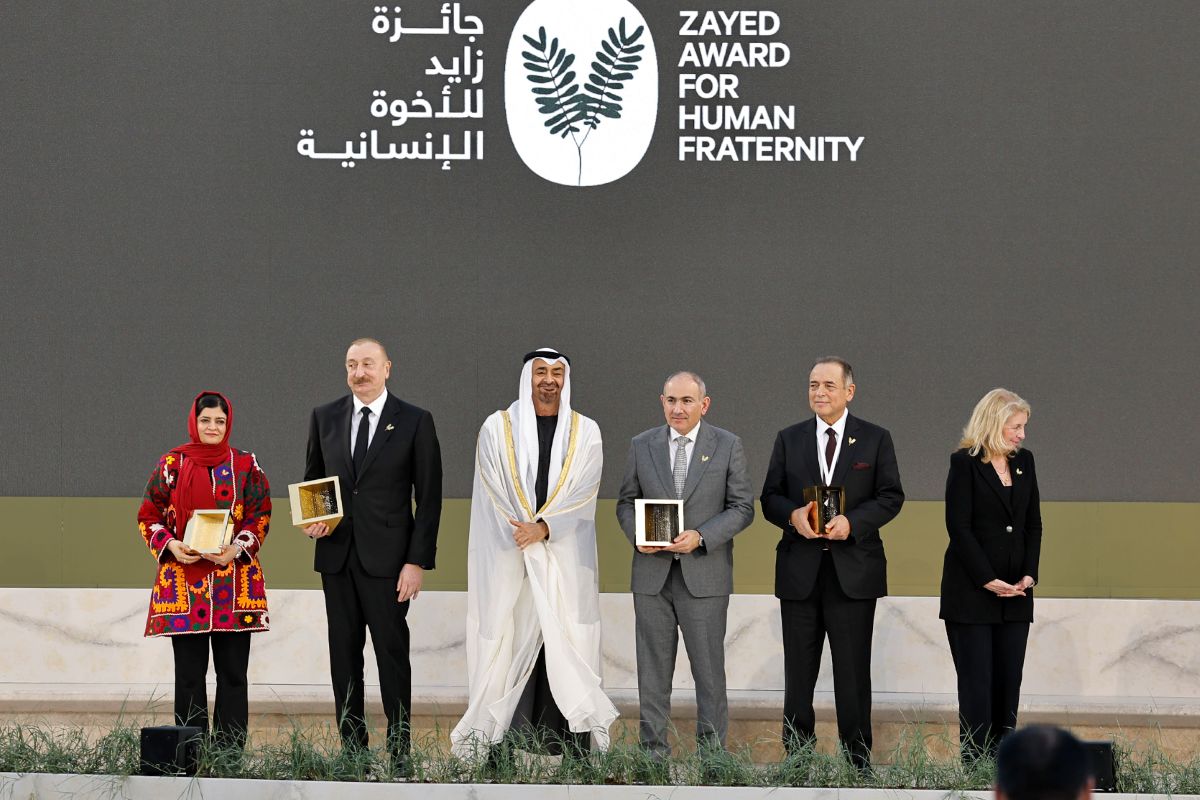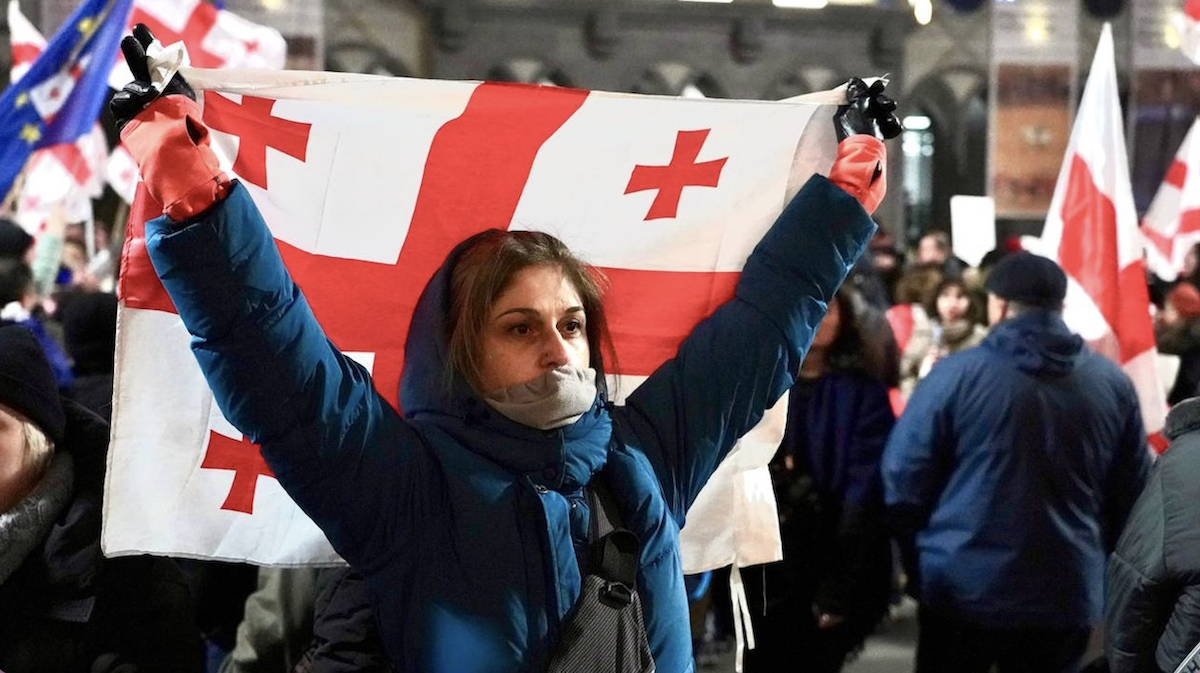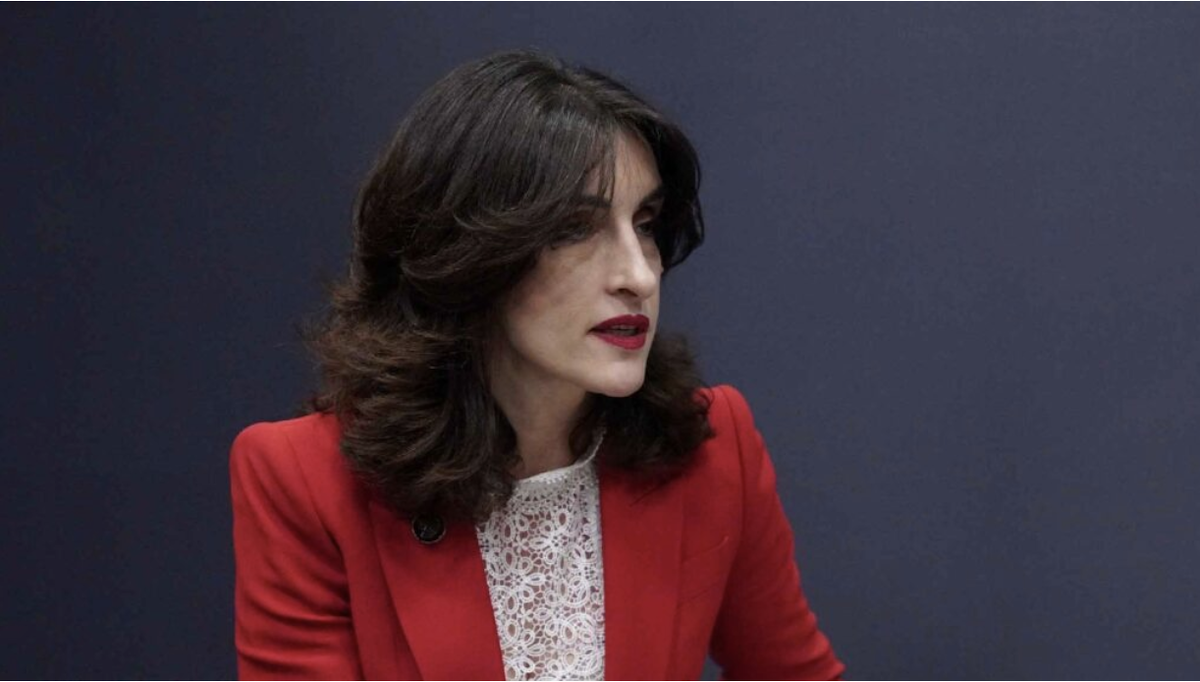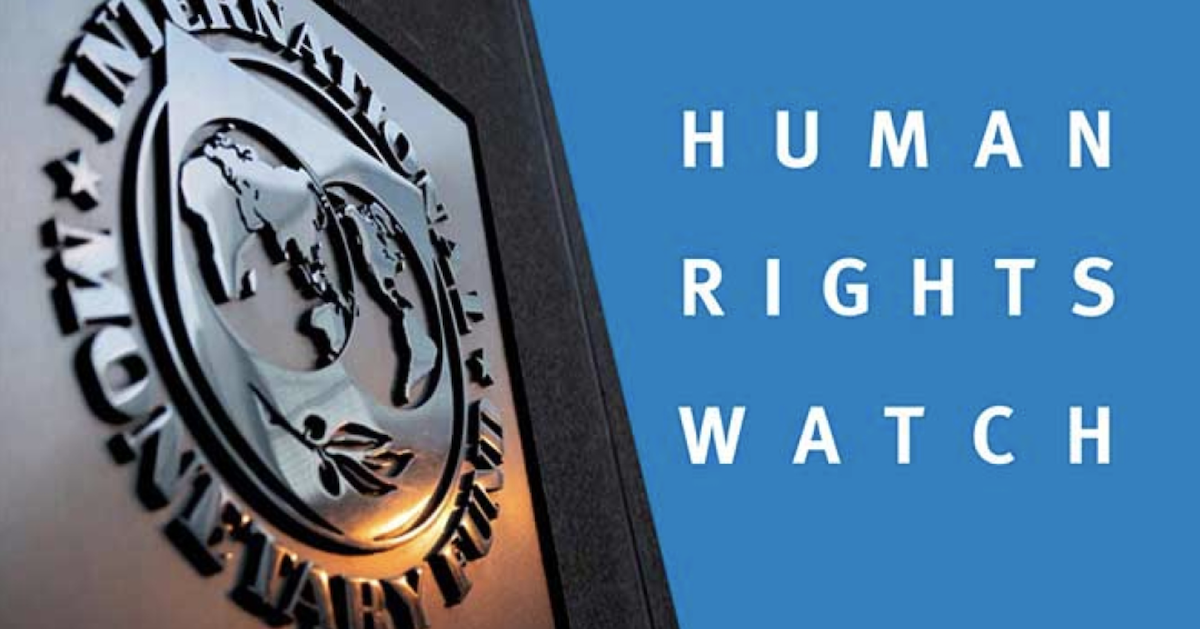'They see people as mob' — opinion on Georgian Dream's response to possible EU visa suspension
Opinion on Georgia-EU visa-free regime suspension
Mikheil Janelidze, head of the Centre for European Governance and Economy and former foreign minister (2015–2018), responded to the possible suspension of Georgia’s EU visa liberalisation by stating that Georgian Dream is insulting the country with its reaction and treats the people like a mindless crowd.
By the end of the year, the European Union plans to simplify the process for suspending visa-free travel for citizens of 61 countries that currently benefit from it, including the Western Balkans, Georgia, Moldova, and Ukraine.
The draft legislation states that the suspension mechanism may be triggered in cases of “serious human rights violations” or “serious breaches of international law and standards, including failure to comply with human rights legislation and rulings of international courts.”
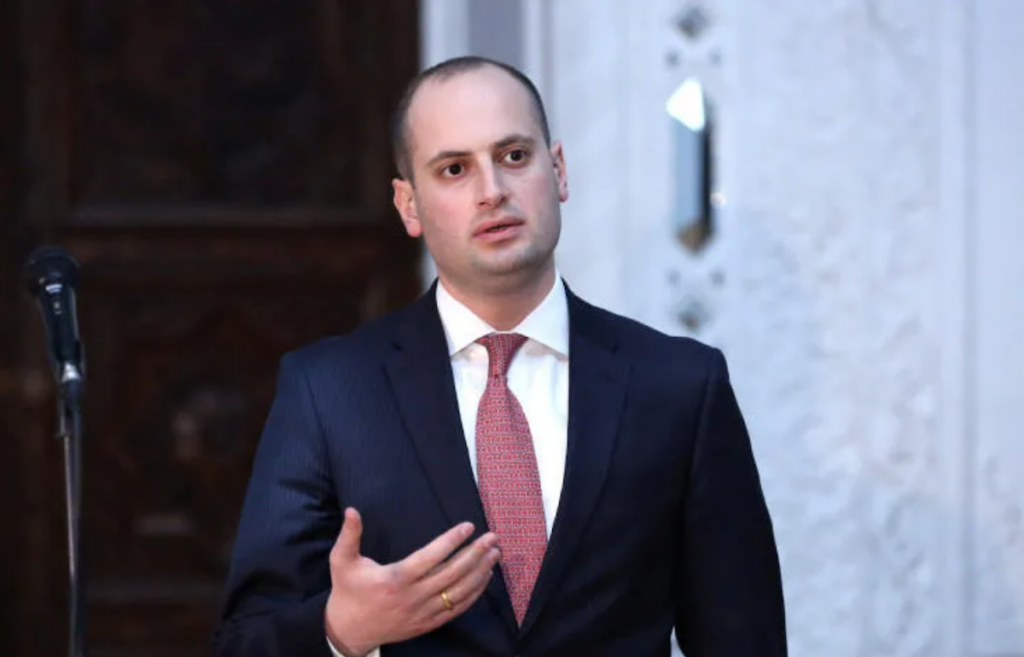
Mikheil Janelidze:
“Georgian Dream” has begun spreading a new propagandistic message: “The patriotism of Georgians will not be traded for visa-free travel with the European Union.” This, unfortunately, may be linked to the real threat of the visa-free regime being revoked.
“Georgian Dream” has managed to convey many propagandistic messages, but I hope this latest one won’t work. I believe that with this statement “Georgian Dream” is insulting Georgia as a whole and assumes that the people are a crowd who will accept any kind of propagandistic rhetoric. How can a citizen of Georgia believe that:
– It is the EU, not Georgia, that benefits from the visa-free regime;
– The visa-free regime with the European Union is linked to the implementation of anti-national and anti-Christian policies in Georgia?
Georgian citizens have benefited from visa-free travel since 2017 and are well aware of the advantages it has brought them:
– Families separated for many years due to illegal migration have reunited, children have met mothers they hadn’t seen in years;
– Tens of thousands of people have received vital medical treatment;
– Several thousands of people have taken advantage of the benefits of legal temporary migration and employment;
– Thousands of students and lecturers have used temporary exchange programmes, attended conferences, and seized other academic/educational opportunities;
– Small and medium-sized businesses have benefited from participation in exhibitions and other business events;
– And many citizens have travelled as tourists, fulfilling their cherished dreams.
I remember a question asked by a citizen at one of the meetings held in the regions during the visa liberalisation information campaign: “I have 100 euros in savings. If I fly to Milan with Wizz Air, will I be able to see Milan and return on the same flight?”
As a result of visa liberalisation with the European Union, there appeared a real alternative to the 30-rouble Moscow tickets engraved in Soviet memory — and this is precisely what annoys the occupier of Georgia, Russia, the most.
A few days ago, a Russian Foreign Ministry representative stated that Russia remains a key market for Georgia in many areas, particularly in winemaking and fruit exports. On the other hand, Russia is a leading supplier of energy resources and grain to Georgia.
Their goal is to make us entirely dependent on Russia, just as we were for two centuries, and “Georgian Dream” is directly helping them to achieve this goal.
Dear supporters of “Georgian Dream,” once again we respectfully appeal to you and ask you to carefully consider the situation this foolish domestic and foreign policy has brought us to — and what future you see for yourselves and your children.
- The visa-free regime between Georgia and the European Union came into force on 28 March 2017;
- The EU reserves the right to invoke the so-called “suspension mechanism” and to review the visa liberalisation agreement if Georgia fails to meet its obligations. The Georgian government maintains that, despite certain challenges, there is currently no threat to the visa-free regime;
- Georgian citizens seeking asylum in Europe most frequently cite unemployment as the reason for leaving the country. In addition, many travel to Europe for medical reasons, highlighting problems within Georgia’s healthcare system;
- Organised and petty crime involving Georgian nationals remains a serious issue in Europe, with Germany frequently raising concerns. Last year, representatives from Germany visited Tbilisi and demanded that the Georgian interior minister take effective action.










